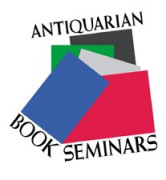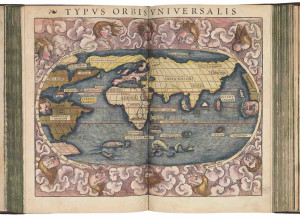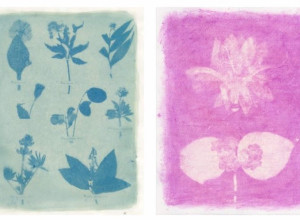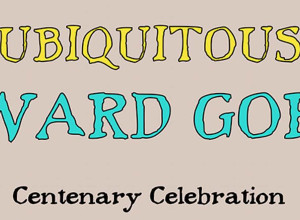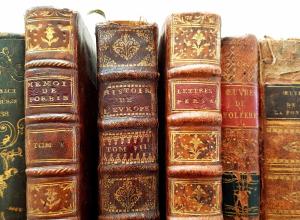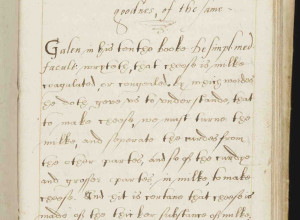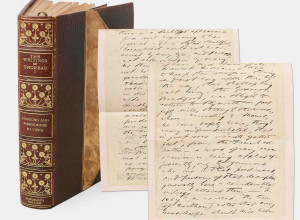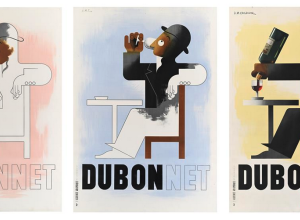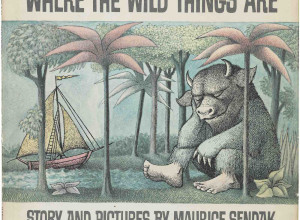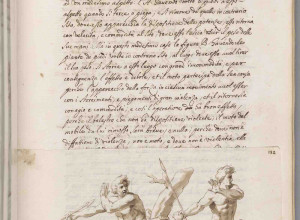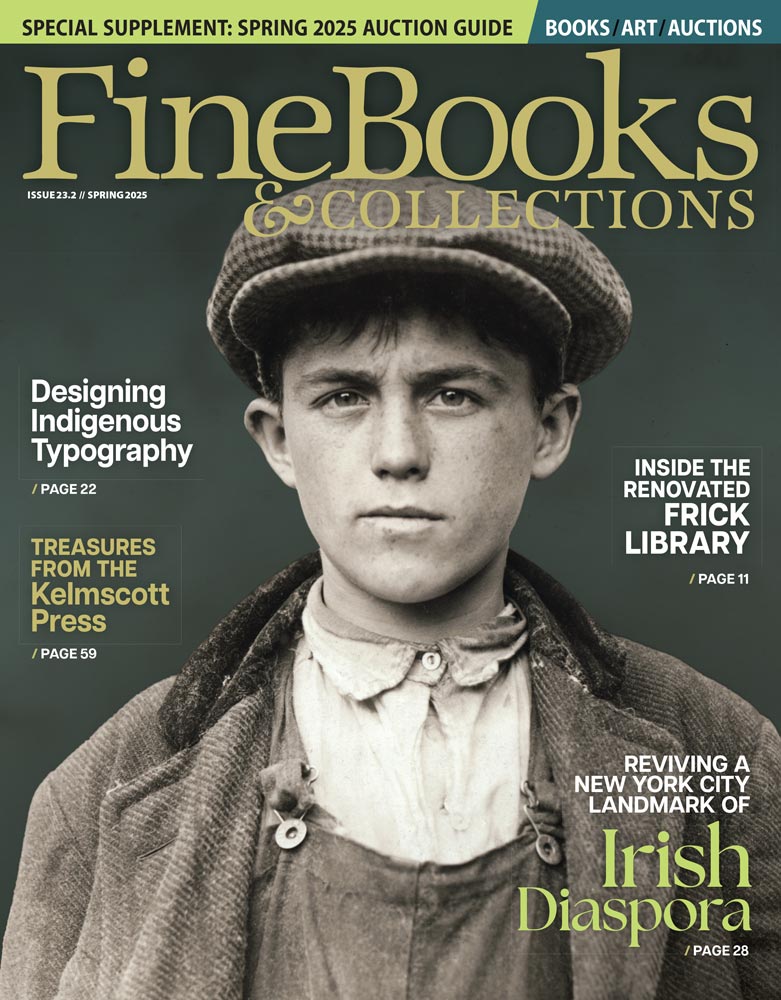York Antiquarian Book Seminar: A Primer
A few years ago, I didn't know I would be moving to England, didn't know I would be entering the book trade, and didn't foresee how jealous I would be as my good friend and former employer, Stephanie Valdez, co-owner of Community and Terrace bookstores, in Brooklyn, NY, signed up and received a scholarship to attend the long-running Antiquarian Book Seminar in Colorado (CABS) before launching an antiquarian arm of her bookshops.
I had only heard of the University of Virginia's distinguished Rare Book School, which focuses on the history of the book and printed marterials from an academic perspective, and long dreamt of attending. I had only recently begun writing for Fine Books, helping out my neighbor and new friend, Heather O'Donnell of Honey and Wax, with some publicity for a new local book fair she founded in Brooklyn, and somehow was drawn quite quickly into the world of rare books and book fairs. But I had no idea there was a seminar in which to learn about the handling, buying, and selling of antiquarian books--and unfortunately, I wouldn't be able to go to CABS, I had just had a baby and soon would be moving to England.
 But as luck would have it, as I was pining for the opportunity to attend such a program, one was being founded in my new country, in York, England, at the start of the York National Book Fair, the largest fair in Britain. Begun in 2011, by CABS graduate and bookshop owner, Anthony Smithson, and co-directed by bookseller Jonathan Kearns, the York Antiquarian Book Seminar is a three-day enlightenment and indoctrination in the basics of the book trade--the key lesson for being a successful bookseller was repeated over and over again by instructors and guest lecturers: "To make a living, buy what you like." (Pictured at left: Bookseller Simon Beattie guiding YABS through the cataloging of a copy of Don Quixote.)
But as luck would have it, as I was pining for the opportunity to attend such a program, one was being founded in my new country, in York, England, at the start of the York National Book Fair, the largest fair in Britain. Begun in 2011, by CABS graduate and bookshop owner, Anthony Smithson, and co-directed by bookseller Jonathan Kearns, the York Antiquarian Book Seminar is a three-day enlightenment and indoctrination in the basics of the book trade--the key lesson for being a successful bookseller was repeated over and over again by instructors and guest lecturers: "To make a living, buy what you like." (Pictured at left: Bookseller Simon Beattie guiding YABS through the cataloging of a copy of Don Quixote.)
Over the last three days, amidst thrilling stories about detecting forgeries and accidentally purchasing stolen books, I learned to collate an 800-page farming dictionary from 1717 properly; learned how and why a bookseller might take the time and pour enormous effort into trying to catalog and place archives in an appropriate library or institution; learned how to tell the difference between vellums and printing methods; and discussed what tools are available to the trade, how to get up and running online, and what good practices are essential for being a friendly book dealer, and that's just a taste of what was covered.
I am starting my business focused primarily on modern firsts and literature by women in the coming months. I have been buying all year, have stock, have had my first sales, but until attending YABS, I had so much fear and uncertainty about whether I could make a leap into this field in a way that would be meaningful and sustainable. After YABS, I am still scared, but I no longer doubt that there is room for me in the book trade, and more than that, that I can make a proper business out of my interest in literature by women. It's thrilling to feel prepared and inspired and well-supported by classmates and instructors, who want you to do well.
Image credit: A.N. Devers





